End Of The Dubai Dream For Europe's Drug Lords?

Drug lords like Sean McGovern, a top lieutenant of the Kinahan cartel, and Faissal Taghi -- son of the infamous head of the Dutch-Moroccan Mocro Maffia -- used to hang out and party in Dubai's glitzy hotels and restaurants without a care in the world.
Until their arrests -- and the smashing of a massive Russian-run money laundering operation based there this month -- the Gulf emirate was a haven for some of Europe's biggest drug traffickers.
For years major drug barons have brazenly run their operations out of the city's skyscrapers and luxury villas without fear of extradition. Limited judicial cooperation from the local authorities meant they had little to fear, European investigators and magistrates told AFP.
Europol described the city as a "remote coordination hub" for Europe's drugs trade, where traffickers live openly and launder their money through luxury goods and real estate.
Far from the European ports like Antwerp, Rotterdam and Le Havre where their drugs transit, police say the barons pull the strings from the comfort of Dubai, ruling by fear and extreme violence from one of the safest cities in the world.
Ironically, Dubai's low crime rate means they can operate there in security, doing deals and networking with other global narcotics players in the city's cafes and shisha bars.
However, the tide may now be turning.
In October, McGovern -- the right-hand-man of Irish drugs lord Daniel Kinahan -- was arrested on an extradition warrant from Dublin, accused of murder and being a leader of a criminal organisation.
The US Treasury calls the Kinahan cartel a "threat to the entire licit economy", with Washington slapping a $15-million bounty on the heads of its three leading members.
McGovern's arrest in Dubai followed the extradition in July of Faissal Taghi to the Netherlands on drug trafficking and murder-related charges. Belgian drug lord Nordin El Hajjioui was sent back in handcuffs to Brussels in March.
"The UAE is committed to working with all its international partners to disrupt and deter all forms of global illicit finance," a government official told AFP.
A crossroads linking Europe and Asia, Dubai has one of the world's busiest ports and airports -- and is a favourite winter sunspot for sports stars and influencers.
But for more than a decade, it has also been home to a rogue's gallery of European crime figures.
Cartel boss Kinahan and "El Tigre", the Spanish cocaine kingpin Alejandro Salgado Vega, are among the most notorious to have settled there.
Kinahan's associate, Ridouan Taghi -- Faissal's father -- was also a longtime Dubai denizen till the fearsome gangster was jailed for life for a string of hits in February after a mega trial in a high-security Amsterdam court known as De Bunker.
Many other big-time drug dealers are also openly living it large there.
"They don't hide. They are not like refugees with false papers," said Francisco Torres, head of Spain's elite Guardia Civil unit which tackles organised crime.
"They live a luxurious life in front of everyone with total impunity," he told AFP.
Abdelkader "Bibi" Bouguettaia is a case in point. A French-Algerian trafficker wanted by Interpol, he lives in luxury apartments near the Palm Jumeirah home of the British celebrity couple David and Victoria Beckham.
Bouguettaia had already fled when France sentenced him to nine years for smuggling 599 kilos of cocaine and he is suspected of orchestrating a vast 2.5-tonne shipment through Marseille.
Investigators say he drives high-end cars and enjoys dining at such celebrity hangouts as Salt Bae's Nusr-Et Steakhouse, where a gold leaf filet can set you back more than $2,000.
Fellow French fugitive Tarik Kerbouci, known as "The Bison" -- wanted for a 3.3-tonne cocaine shipment -- also loves his luxury. But he likes speed even more, coming second in the Gulf Radical Cup championship series in his own fluorescent yellow racing car.
Recent arrests may have called Dubai's reputation as a haven for global crime syndicates into question.
But its appeal remains strong, with its unique combination of luxury, strategic location and local legal loopholes that make extradition difficult and money laundering relatively easy.
The UK-based Centre for the Study of Corruption said in August that there has been "a large-scale shift in the global epicentre of dirty money networks to Dubai and Hong Kong".
One anti-money laundering expert based in the emirate told AFP that it is a perfect safe space for crime groups.
"Organisations can plan an operation... in Dubai and never see each other again afterwards," he said.
"They hang out at the Five resort on the Palm Jumeirah where there are lots of prostitutes, at the Cafe de Paris or in the shisha bars in the marina."
In 2022, Europol's Operation Desert Light revealed the existence of a mostly Dubai-based "super cartel" headed by six figures including Daniel Kinahan that controlled a third of the cocaine coming into Europe.
"Bibi" Bouguettaia coordinated tonnes of what came through Le Havre, France's biggest port.
AFP has seen the transcript of the police interrogation of one of his suspected foot soldiers who explained how the operations worked.
"Bibi" is allied with a Dutch drug baron, and runs cocaine into Paris and Antwerp, Europe's second largest port.
He has a strong hold on Le Havre, the man told police. "Dockers, the people who look after port security, he pays them."
Everything is run over the phone, the witness said, with the threat of violence ever-present.
When someone refuses a mission or responds too slowly, a picture of a family member would be sent to them as a silent threat.
Dubai's other big attraction is its cash economy, where criminals can quickly get rid of dirty money that would be hard to spend in Europe.
The emirate's ancestral "hawala" banking system, which allows cash to be transferred without money actually moving, has allowed drug lords to invest heavily in property and other high-end businesses there with little trace.
"A building sells within 15 minutes," a money laundering expert in the UAE told AFP, with skyscrapers and gated communities popping out of the sand as fast as they can be built. Drawn by its low taxes and light-touch regulation, nine out of 10 of the city's population are expatriates.
While Dubai is less rich in oil than its neighbours, transactions in its booming property market hit a record 132 billion euros ($139 billion) in 2022.
With homes in its glitziest neighbourhoods selling for more than $10 million, Tarik "The Bison" Kerbouci set himself up as an "estate agent", according to a French judicial source.
Based on leaks of a property register, the Washington-based Center for Advanced Defense Studies (C4ADS) said he owned at least a villa and an apartment in the Al Barsha and Al Hebiah areas.
It was also able to establish that Daniel Kinahan and his wife Caoimhe Robinson owned several properties including one near the Palm Jumeirah and another bought for six million euros in Emirates Hills that is now reportedly worth twice that.
The glacial nature of the extradition process had also helped keep top criminals living there.
Arrested in Dubai in July 2022, Kerbouci was freed 40 days later, the deadline for official reception of his extradition request having passed.
Bouguettaia benefited from the same slowness after he was arrested in October last year before being released in January. "El Tigre" is again living in total liberty in Dubai, his lawyer said, after being held in 2022.
The UAE signed extradition treaties with France in 2007, with Spain two years later, with Belgium and the Netherlands in 2021 and Ireland this year.
But only a small handful of major drug dealers have been extradited.
"We have identified some 30 priority targets in Dubai," French foreign ministry official Jean-Noel Bonnieu told lawmakers earlier this year. "None of these traffickers have been extradited, although some have been arrested."
Of the 20 or so people wanted by Belgium, only four have been returned since 2021, according to official figures.
The French authorities complain of the "extreme strictness of the UAE's interpretation of the documents needed and the time window in which they must be sent".
Torres, of Spain's Guardia Civil, said Dubai's demands were often "absurd" and "impossible to meet", such as having to send all the original documents with each page signed by a judge.
But this year there has been progress on judicial cooperation.
A French magistrate with organised crime experience has been sent to neighbouring Abu Dhabi, with Belgium in October appointing a judge to liaise directly with the UAE.
The same month, the then Irish deputy premier Micheal Martin hailed its new extradition treaty with the UAE as "an important step".
Since then "Bibi" Bouguettaia has again been arrested along with one of Belgium's top traffickers, Othman El Ballouti, whom Brussels has been trying to extradite for years, official sources told AFP.
The UAE has also been trying to show it has been cleaning up its act since being put on the "grey list" by the international Financial Action Task Force (FATF) in 2022.
Tougher surveillance of the flows of cash through the Emirates meant it was taken off the list in February.
But a French judicial source told AFP that Dubai has never seized "any assets for any foreign financial authority" despite a major influx of Russian business figures since the war in Ukraine started nearly three years ago.
Even so, some say Dubai's criminal elite may already be looking for their next bolthole. "With all the attention on Dubai... eyes are turning to Turkey as another possible centre for international criminal activities," a Dutch judicial source told AFP.
"Some big names are looking to North Africa, Indonesia and Bali," according to a French specialist in money laundering.
"The Bison", Tarik Kerbouci, has already left and gone on the run. He is probably living elsewhere in the Middle East or North Africa, European sources say, under a false identity.
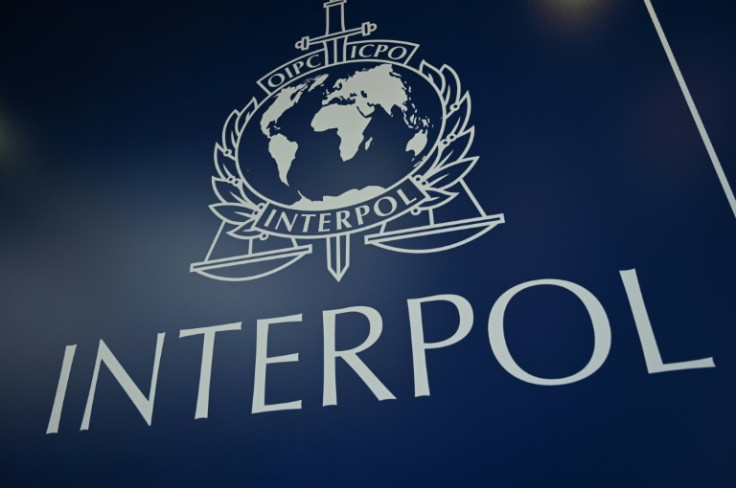
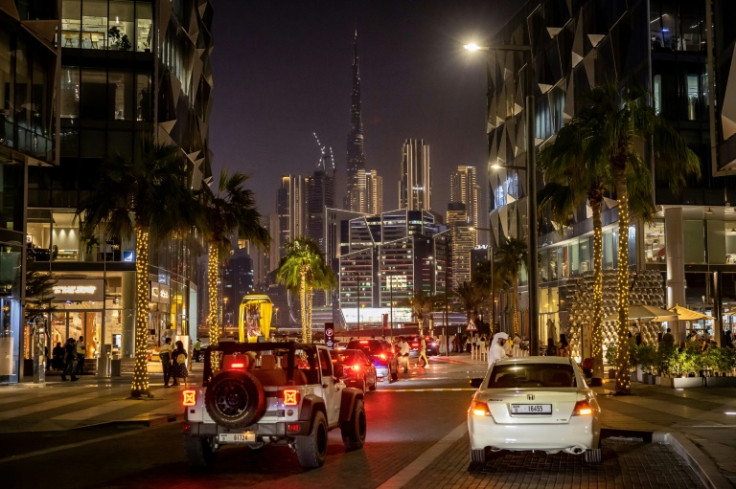
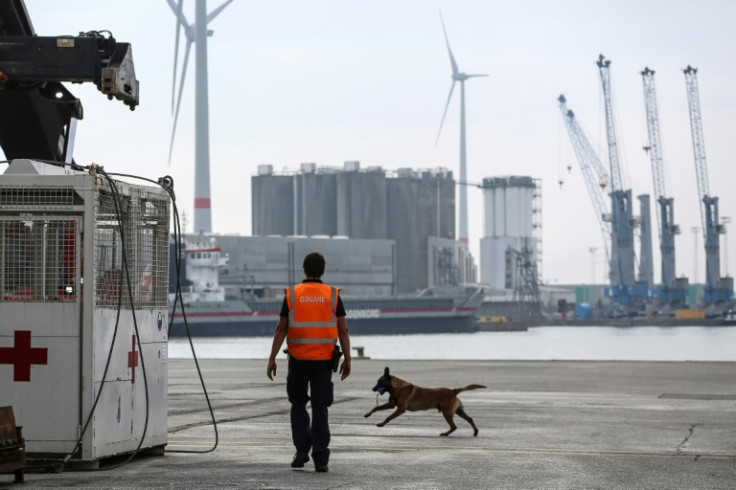
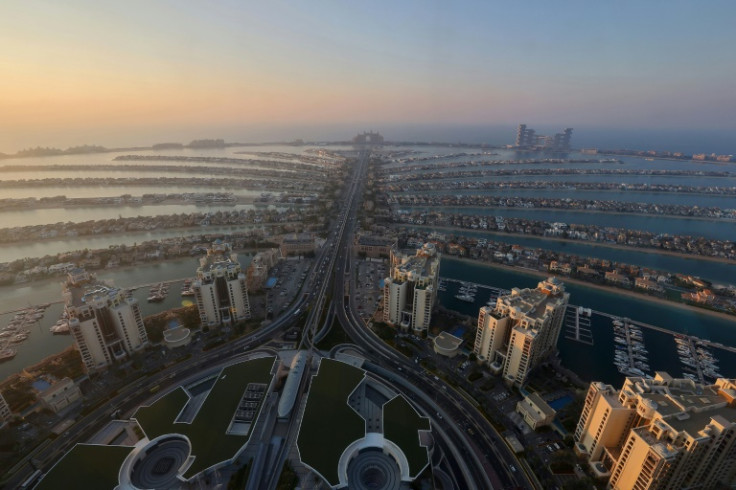
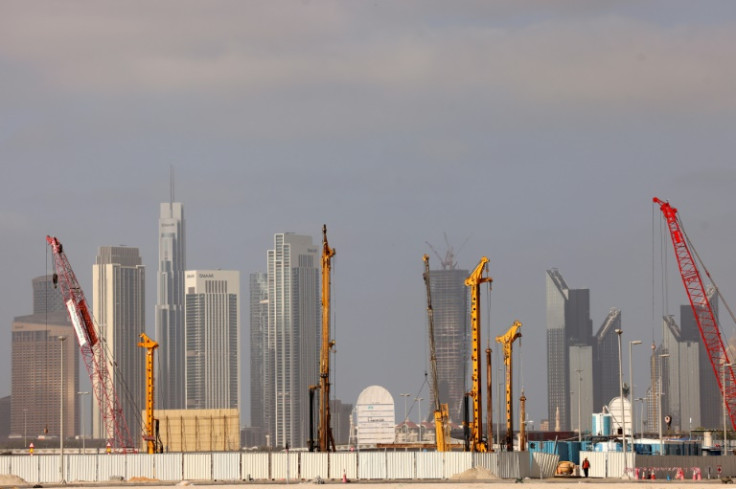
© Copyright AFP 2025. All rights reserved.





















